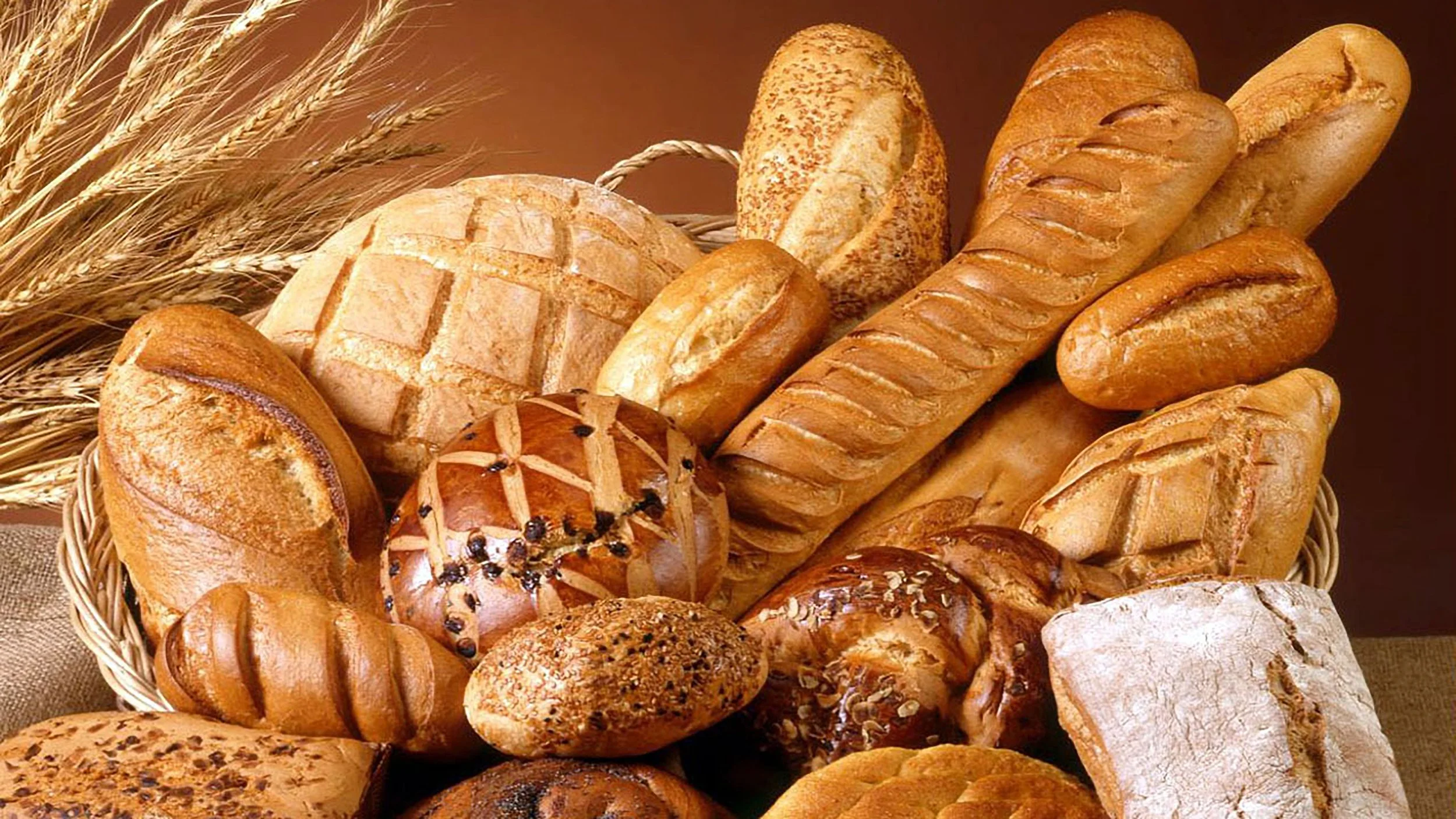Why Grains Are “Better Together”
Credit: Unsplash/ mohamed hassouna
From a satisfying bowl of pasta to a convenient and delicious sandwich made with fluffy bread, there are many ways to include grains in your diet. And while grain foods may be known for being a delightful addition to your dishes, these options are so much more than a yummy carb.
So, why do dietitians and other nutrition experts encourage people to make grains a part of an overall balanced and healthy diet? Read on to learn what grains are, why they are important, and how you can enjoy more grains in your diet.
What Are Grains?
Grains are so much more than items that come from wheat or barley. Sure, foods like cream of wheat, rice, oats, cornmeal, or barley are considered grains, but foods made with grains, like bread, pasta, breakfast cereals, grits, popcorn, and tortillas are all examples of grain products as well.
There are two categories of grains: whole grains and refined grains.
Examples of whole grains include whole grain pasta, brown rice, and whole grain bread. These foods are made with the entire grain kernel, so the bran, germ, and endosperm are all used.
Refined grains have the bran and germ removed, making them typically have less fiber, less iron and fewer antioxidants and B vitamins. Most refined grains in the United States are enriched, meaning that certain B vitamins and iron are added to the food. White bread, white pasta, white rice, and soda crackers are all examples of refined grain foods.
Why Are Grains Important?
Grains fuel your body with energy-supporting carbohydrates, they can give you fiber to support your gut health, and they offer a slew of important micronutrients.
Experts recommend eating six servings of grains per day, at least three of which are whole grain.
Grain consumption is linked with many health benefits. According to MyPlate, some of the potential benefits include:
Consuming whole grains as part of a healthy diet may reduce the risk of heart disease.
Consuming whole grain foods that contain fiber, as part of an overall healthy diet, can support healthy digestion.
Eating whole grains, as part of an overall healthy diet, may help with weight management.
Eating grain products fortified with folate helps prevent neural tube defects when consumed as part of an overall healthy diet before and during pregnancy.
How To Enjoy Grains
There is no doubt that including grains in your diet can help support your overall health, and not including enough of these foods can leave you feeling sluggish and missing key nutrients. When whole and enriched grains are combined, you can get even more health benefits than when limited to one or the other, including key nutrients such as dietary fiber, several B vitamins (thiamin, riboflavin, niacin, and folic acid), and minerals (iron, magnesium, and selenium).
A few mix and match scenarios include:
• A fun “checkerboard” sandwich made with half enriched white bread and half whole wheat bread layered with your favorite low-fat meat and colorful and crunchy veggies.
• Pair one slice of enriched garlic bread with whole-wheat pasta garnished with your favorite sauce.
• Mix a “serious” whole-grain cereal with a “fun” enriched grain cereal topped with milk and fruit.
Grain-based foods are “better together” when paired with other nutritious players on the plate – vegetables, fruits, low-fat protein, or dairy – and creates nutrient dense and often cost-conscious super meals.
So, grab yourself a serving of grains and enjoy the natural goodness that this food group offers.
Disclosure: This blog post was written in partnership with The Grain Foods Foundation
